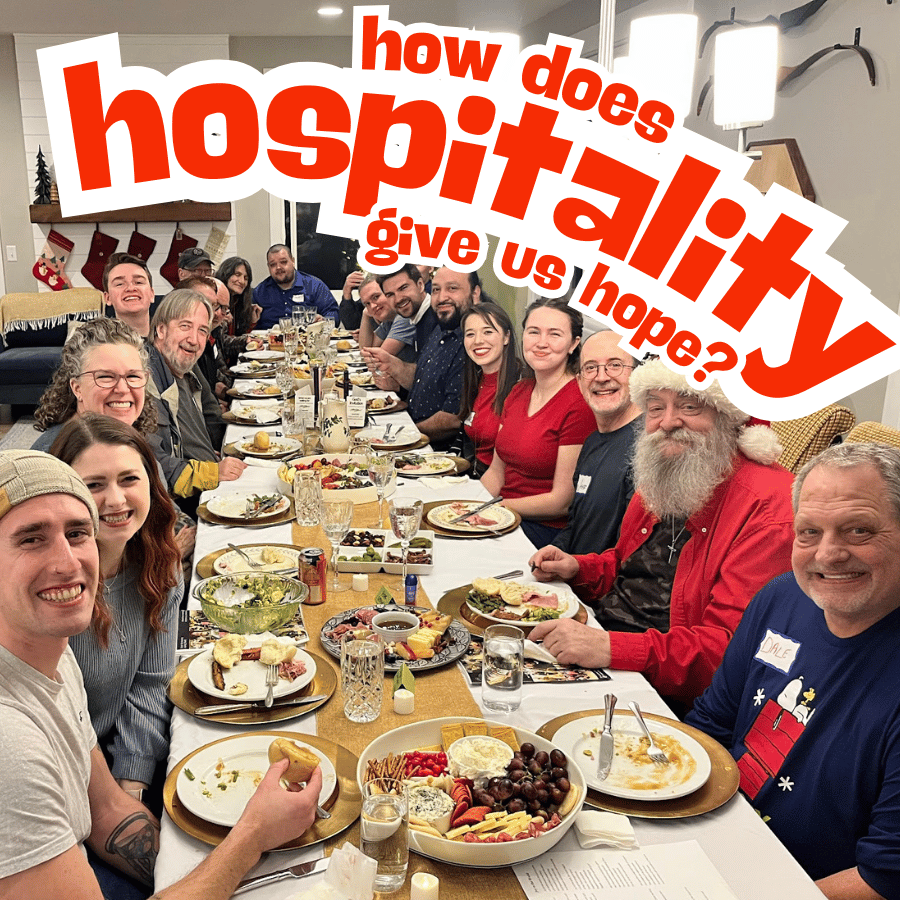Collective Memory and Ritual
Written by Emma McCoy
2 minute read
Most humans engage in rituals of some sort, because at our core, we have the capacity for symbolic thought and we deeply desire meaning. We like to be reminded, we like to keep time, and we like to provide our own structures, even if it doesn’t make sense at first.
In most cultures, people wear wedding rings as symbols of commitment. Certain colors belong to death, or to weddings. We have songs, prayers, images, and dances that have their own contexts. People get tattoos. They take their shoes off indoors, or they don’t. Communities honor anniversaries of tragedies, triumphs, or religious holidays. People come together for vigils, holding candles. People cry, laugh, and sing. Remembrance takes many different forms.
So like most humans, I have my own rituals. On Sundays I make banana bread. When I start writing a new book, I pray over it. On Wednesdays I open my apartment to my classmates, and then I make a meal and we eat it and write together. When I board a plane I tap the side twice. Every summer, family pictures get taken, all of us wearing matching colors. The day after Thanksgiving, we get the Christmas tree. When my roommate gets home in the evenings, I wash her lunch dishes for her, and then when I leave for class, she washes some of my dinner dishes.
Now, some of these rituals are individual, and some of them are more community-oriented. They all mark time in some way and have their own kind of significance and remembrance. When I have my classmates over, I’m reminded that I’m a part of a scholarly and writing community. When my family takes pictures together, I’m reminded that I’m still a part of a family unit. When I make banana bread on Sundays, I’m reminded that another week has come to a close, and the next one is beginning. When I wash my roommate’s dishes, I’m reminded that I’m living in community with another person.
I’m a single student in her early twenties living in a metropolitan American city. Going with the odds, I’m set up to be incredibly individualistic, consumed with myself and how I can be the best possible version of myself—getting money, becoming more beautiful, following the trends, and gaining as many things as I can.
Thankfully, the traditions and rituals of the church act as a bulwark against that kind of attitude. Time and time again, Scripture tells us that life actually isn't the Me Show. When time passes, and we have the very human urge to mark that time, there are rituals grounded in community. Lent reminds us to mourn. Advent reminds us to prepare room. Easter reminds us that Jesus paid for our sins. Pentecost reminds us that the Holy Spirit is in all of us. And all along the way—communion, passing of the peace, blessing, sending, baptism, service, and more—there are traditions grounded in passing time and remembering together.
What does it mean for me to remember in a community? Because I still live in an American context, that lingering sense of individuality keeps chiming in.
When ritual and remembering happen together, we know we’re not alone. When we help a neighbor move, go to a stressful doctor’s appointment with a brother, celebrate a birthday with friends, or pray as a bible study before a member’s dissertation defense, we acknowledge that time doesn’t just pass over the individual. We exist with other people, inextricably entwined, for God said it is not good for a person to be alone.
As we approach Advent, we’re coming into another season where we remember and revisit the story of Jesus’ birth and prepare room in our hearts for this miracle. Join us this Sunday for our Common Table Gathering where we discuss what it means to remember as a community—as individuals and also as people walking in the direction that Jesus is walking in. Because what we do together affects what we do as individuals, time and time again.











































3-minute read